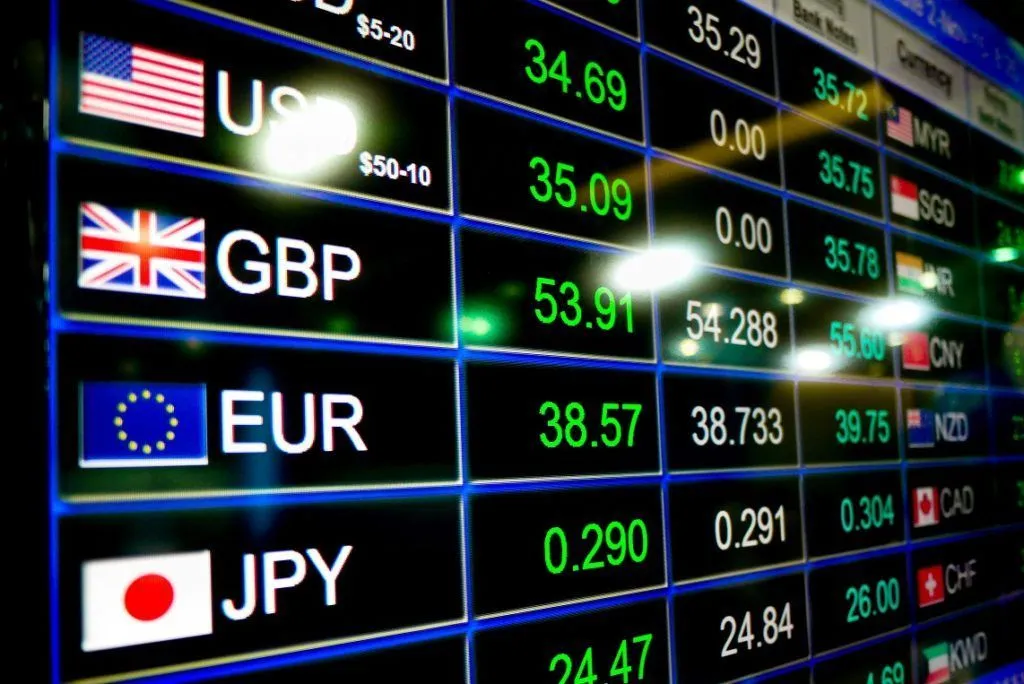What is Forex and How Does it Work? In the vast landscape of financial markets, Forex, short for foreign exchange, stands as a dynamic and influential player.
What is Forex and How Does it Work?
Whether you’re a seasoned investor or just dipping your toes into the world of finance, understanding what Forex is and how it works is essential. This article will guide you through the fundamental aspects of Forex trading, shedding light on its mechanisms, participants, and the factors that drive its volatility.
What is Forex?
Forex, or the foreign exchange market, is the global marketplace for trading national currencies against one another. It is the largest and most liquid financial market globally, dwarfing other markets like stocks and commodities. Forex operates 24 hours a day, five days a week, across major financial centers worldwide, including New York, London, Tokyo, and Sydney.
Key Components of Forex:
- Currency Pairs:
Forex trading involves the exchange of one currency for another. Currencies are traded in pairs, where one currency is bought, and the other is sold. Each currency pair is denoted by three letters, with the first two letters representing the country and the third letter representing the currency itself. For example, in the EUR/USD pair, the Euro is the base currency, and the US Dollar is the quote currency.
- Exchange Rate:
The exchange rate is the price of one currency in terms of another. It represents how much of the quote currency you need to spend to purchase one unit of the base currency. Exchange rates are influenced by various factors, including economic indicators, geopolitical events, and market sentiment.
How Does Forex Work?
Forex trading is facilitated through a network of banks, financial institutions, corporations, and individual traders. The market operates in an over-the-counter (OTC) decentralized structure, meaning there is no central exchange or physical location. Instead, trading occurs electronically over computer networks.
- Brokers and Platforms:
Individuals participate in Forex trading through brokers, who act as intermediaries between traders and the interbank market. Traders use online trading platforms provided by brokers to execute buy and sell orders. These platforms offer real-time charts, technical analysis tools, and other features to assist traders in making informed decisions.
- Leverage:
One unique aspect of Forex trading is the availability of leverage. Leverage allows traders to control a larger position size with a relatively small amount of capital. While leverage can amplify profits, it also increases the risk of significant losses. Therefore, it is crucial for traders to use leverage cautiously and understand its implications.
- Market Participants:
Several entities participate in the Forex market, each with distinct roles. The major players include central banks, commercial banks, hedge funds, multinational corporations, and individual retail traders. Central banks, such as the Federal Reserve and the European Central Bank, play a crucial role in influencing currency values through monetary policy.
Factors Influencing Forex Markets:
- Economic Indicators:
Forex markets react to economic indicators that provide insights into a country’s economic health. Key indicators include GDP growth, employment rates, inflation, and manufacturing data. Traders analyze these indicators to anticipate potential currency movements.
- Political and Economic Events:
Political stability and economic events, such as elections, geopolitical tensions, and economic policy changes, can significantly impact currency values. Traders closely monitor global news to stay informed about potential market-moving events.
- Market Sentiment:
Investor sentiment plays a vital role in Forex markets. Traders often use technical and fundamental analysis to gauge market sentiment and make informed trading decisions. Additionally, sentiment indicators, such as the Commitment of Traders (COT) report, provide insights into the positioning of institutional traders.
Conclusion:
In conclusion, Forex trading is a complex yet fascinating financial market that plays a pivotal role in the global economy. Understanding the basics of what Forex is and how it works is essential for anyone looking to venture into currency trading. As with any form of investment, it’s crucial to conduct thorough research, develop a sound trading strategy, and manage risk effectively. Whether you’re a seasoned trader or a novice, the Forex market offers ample opportunities for those willing to delve into the world of foreign exchange.
- Get Tips & Trick daily

